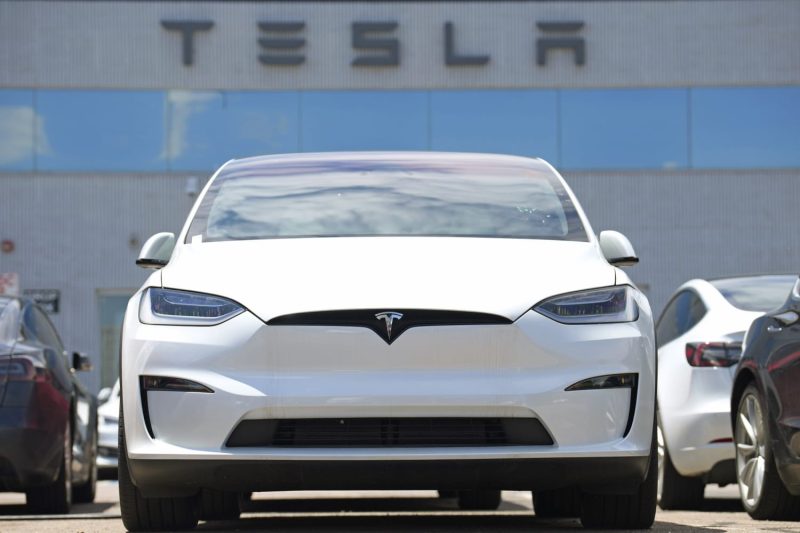In a recent development, Tesla, the renowned electric vehicle manufacturer, has issued a massive recall affecting approximately 1.8 million vehicles due to an unlatched hood issue. This recall marks one of the largest in the company’s history and highlights the importance of quality control and safety in the automotive industry.
The unlatched hood problem identified in the affected Tesla vehicles poses a significant safety risk to both drivers and pedestrians. A hood that is not securely latched can potentially detach while driving, posing a hazard to other motorists on the road and increasing the likelihood of accidents. This issue underscores the critical need for automakers to adhere to rigorous safety standards and promptly address any potential defects that may compromise the well-being of consumers.
Tesla’s response to the unlatched hood problem exemplifies the company’s commitment to prioritizing customer safety and satisfaction. By issuing a widespread recall encompassing nearly 2 million vehicles, Tesla is taking proactive measures to rectify the issue and ensure the continued safety of its customers. This swift and decisive action reflects Tesla’s dedication to upholding the highest standards of quality and reliability in its products.
The scale of the Tesla recall serves as a reminder to all automakers of the importance of conducting thorough quality assurance checks throughout the manufacturing process. Identifying and addressing potential defects early on can help prevent costly recalls and safeguard the reputation of car manufacturers. By investing in robust quality control measures and adhering to stringent safety protocols, automakers can mitigate risks and uphold the trust of consumers.
Furthermore, the Tesla recall highlights the critical role of regulatory oversight in ensuring automotive safety. Government agencies play a crucial role in monitoring compliance with safety standards and holding automakers accountable for addressing safety issues. Collaboration between industry stakeholders, regulatory bodies, and consumer advocacy groups is essential in promoting a culture of transparency and accountability within the automotive sector.
In conclusion, the Tesla recall involving 1.8 million vehicles due to an unlatched hood issue underscores the importance of prioritizing safety and quality in the automotive industry. By swiftly addressing potential defects and taking proactive measures to protect consumers, automakers can enhance customer trust and uphold their commitment to excellence. This recall serves as a valuable lesson for all industry players to prioritize safety, invest in quality control, and work collaboratively to ensure the well-being of drivers and pedestrians alike.


























